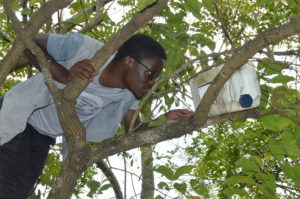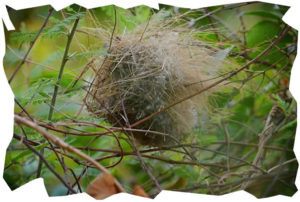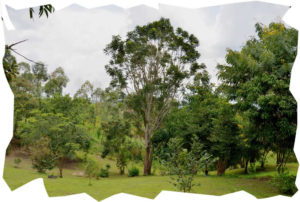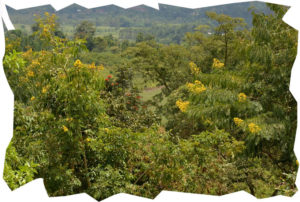The regenerated woodland of Camp Besania is a beauty to behold, each tree in its natural position. They have defied years of degradation by peasant farming, excessive use of chemicals, charcoal and bush burning. They are the heartbeat of this low impact campsite; built to be simple and nice. As Christian stewards, we add a signature to the national and global conservation efforts while we sustainably benefit from the environment through a wide range of camping and recreation activities.
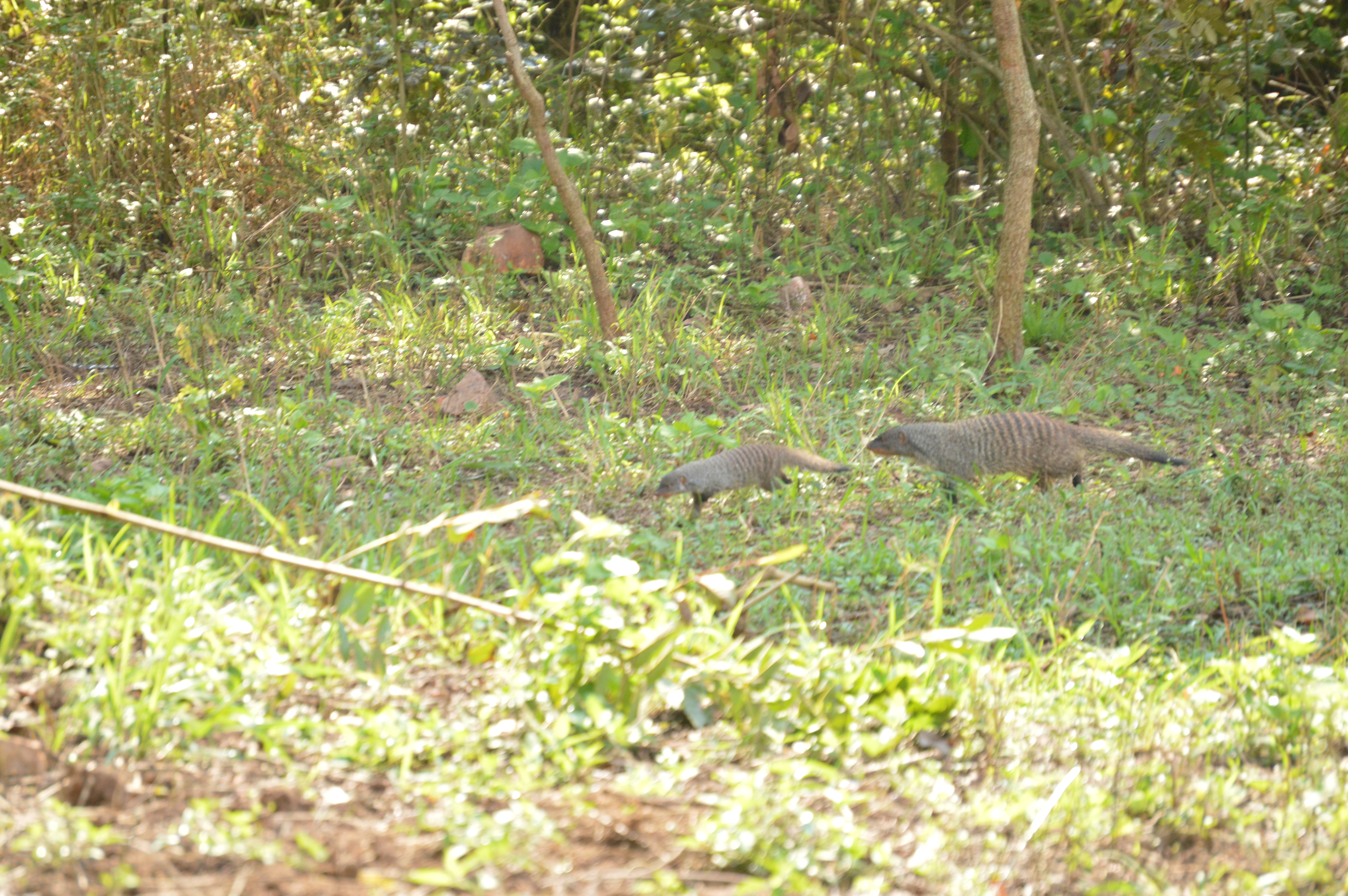
Conservation is a Christian Responsibility
” Ask the animals, and they will teach you, or the birds of the air, and they will tell you; or speak to the earth, and it will teach you, or let the fish of the sea inform you… In His hand is the life of every creature and the breath of all mankind.” (Job 12:7-10)
God is the author and Lord of the Universe . He commissions us to jealously manage earthly resources – to love and utilize them, protect them from depletion, invest in them for the common good and return them with accountability. Nature is graceful, beautiful and harmonious. Nothing that people concoct ever matches it. Not even Solomon’s massive wealth could compete with the beauty of the wild flowers.
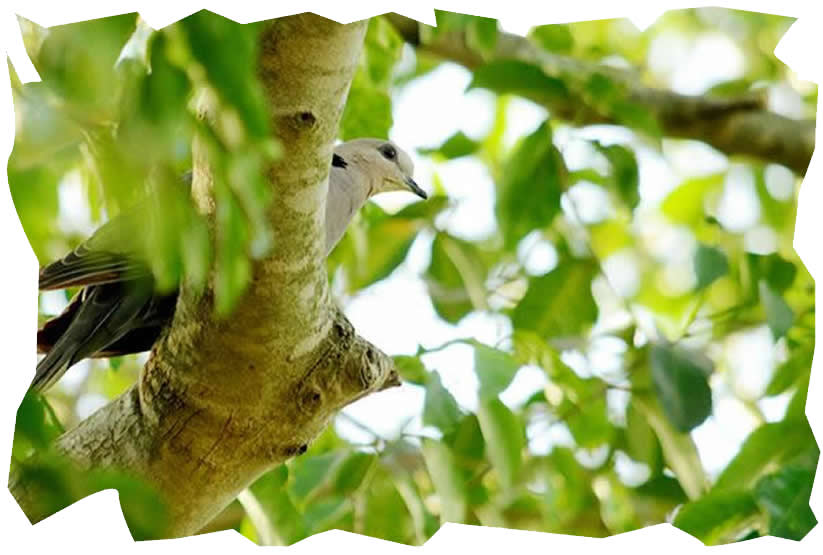
Conservation for Development
For all the benefits we get from nature (medicine, rain, fresh air, food, name it) conservation is a civic responsibility. Nature and human beings coexist to complete the cycle of naturalness. Nature regulates the climate and heals us physically and emotionally; its destruction is a global disaster.
Camp Besania with its numerous species is a demonstration of how private land owners can add a significant signature to conservation efforts. The destruction of nature on private land, whether big or small, far exceeds the freedom to use one’s land as they see fit. For this reason, development planners should focus on the conservation of a single tree on private land as much as they focus on gazetted forest reserves.
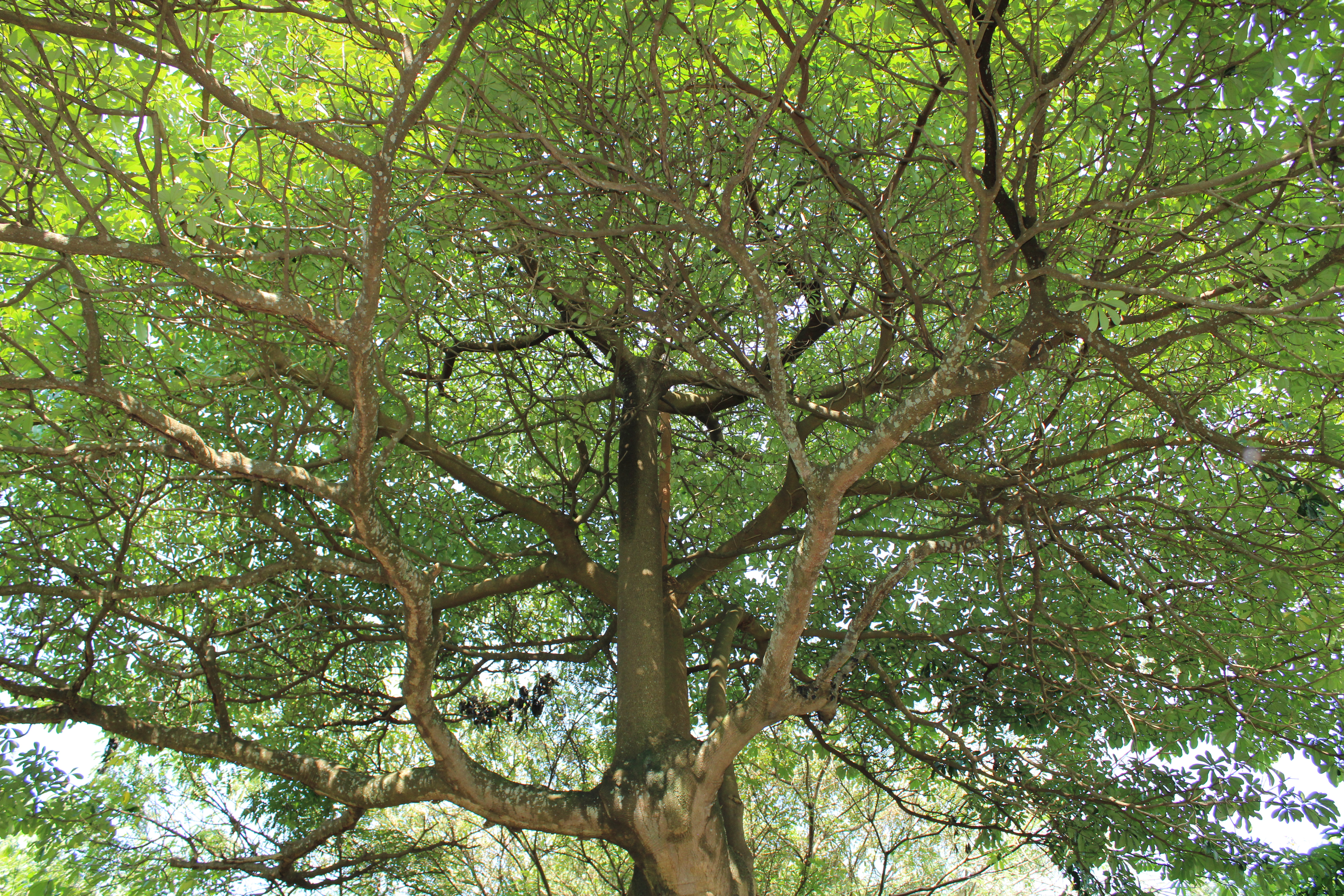
Conservation for income generation
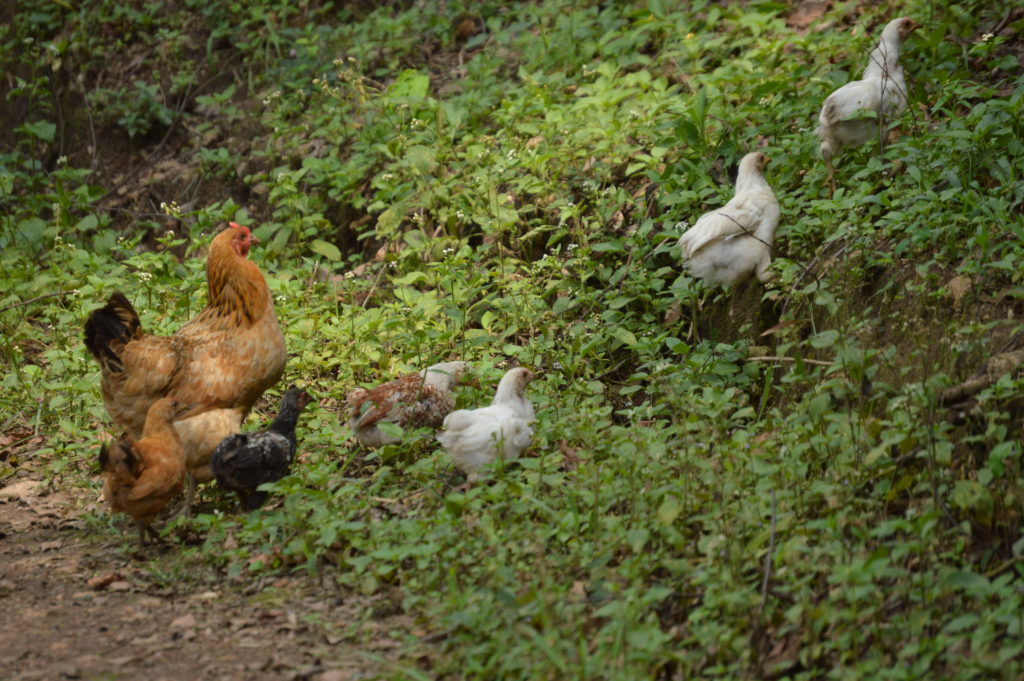
At Camp Besania, we deconstruct the practice of earning from nature by destroying it. There are numerous projects one can do within a conserved environment including, research, rain water harvesting, fruit growing, bee keeping and free range poultry farming among others.
Additionally, firewood can be sustainably harvested by pruning, thinning, reforestation and growing of woodlots. Considering the survival rates of planted trees it is easier to conserve than to plant a tree. Termites, animals, careless use of pesticides and erratic weather conditions combine to reduce the survival rate of many trees that are enthusiastically planted. But the Lord protects his own even those that He grows on rocky ground.
